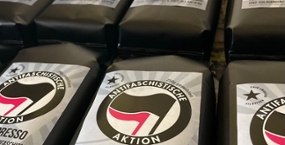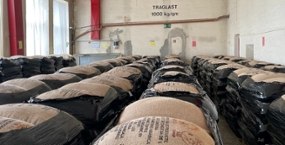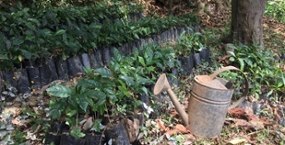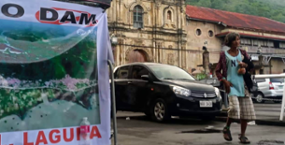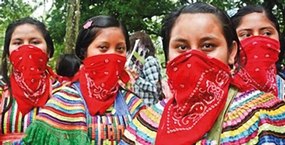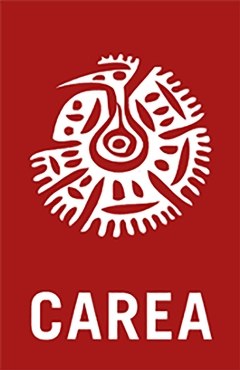Organising a resistant economy in autonomous communities
Zapatista coffee production
Currently, we are purchasing coffee from two Zapatista cooperatives (among others): Coop Yachil Xojobal Chulchán organising more than 680 families from 5 regions of the Oventic Caracol and coop Yochin Tayel Kinal consisting of about 380 families. Yochin Tayel Kinal is selling their coffee also in the Mexican domestic market since 2008. Both coops are cultivating organic-certificated highland Arabica coffee. We are cooperating only with small-scale farmers uniting in cooperatives and organising production and export collectively.
Self-conception and organisation of Zapatista coffee cooperatives
Zapatista understanding of policy is fundamental for the coops' collective cooperation. Hence, decisions are taken according to grass-roots democracy and seats on the board are rotating. The idea behind rotation being the exchange of know-how and more coop members knowing their way around administrative duties. Additionally, the regular exchange of the board is supposed to counter corruption and favouritism.
Accordingly, individual members are elected president, treasurer or secretary. Subsequently, they are responsible for their respective assignment for the next two years via this imposed Cargo (approximately: burden). They are not getting paid for this work. Other coop members are working their land in return during this period because they do not have time to take care of their own coffee fields. Traditionally, all members undertake voluntary tasks serving the community for a specific period.
Serving in the board typically means much work for the board member, on-the-job training in new work sectors (e.g. export processing) and time away from their families because they have to be present in the Caracoles for meetings. The distribution of coffee sales revenue among farmers, the coop and the Zapatista movement as a whole is benefiting all. For instance, common acquisitions and construction projects e.g. warehouses for coffee storage, mechanical examination and weighing, can be realised by the coops. Moreover, coops are supporting the Caracoles financially resulting in benefits to those Zapatistas not directly involved in the coffee trade.
As a result, the region has experienced a substantial boom and developed into a role model for the establishment of additional cooperatives, e.g. in manufacturing. Furthermore, organic farming is an essential part of Zapatista coffee coops' self-conception: They have a traditional deep understanding of environment and nature and are differentiating themselves on purpose from government-friendly farmers by pursuing sustainable cultivation.

